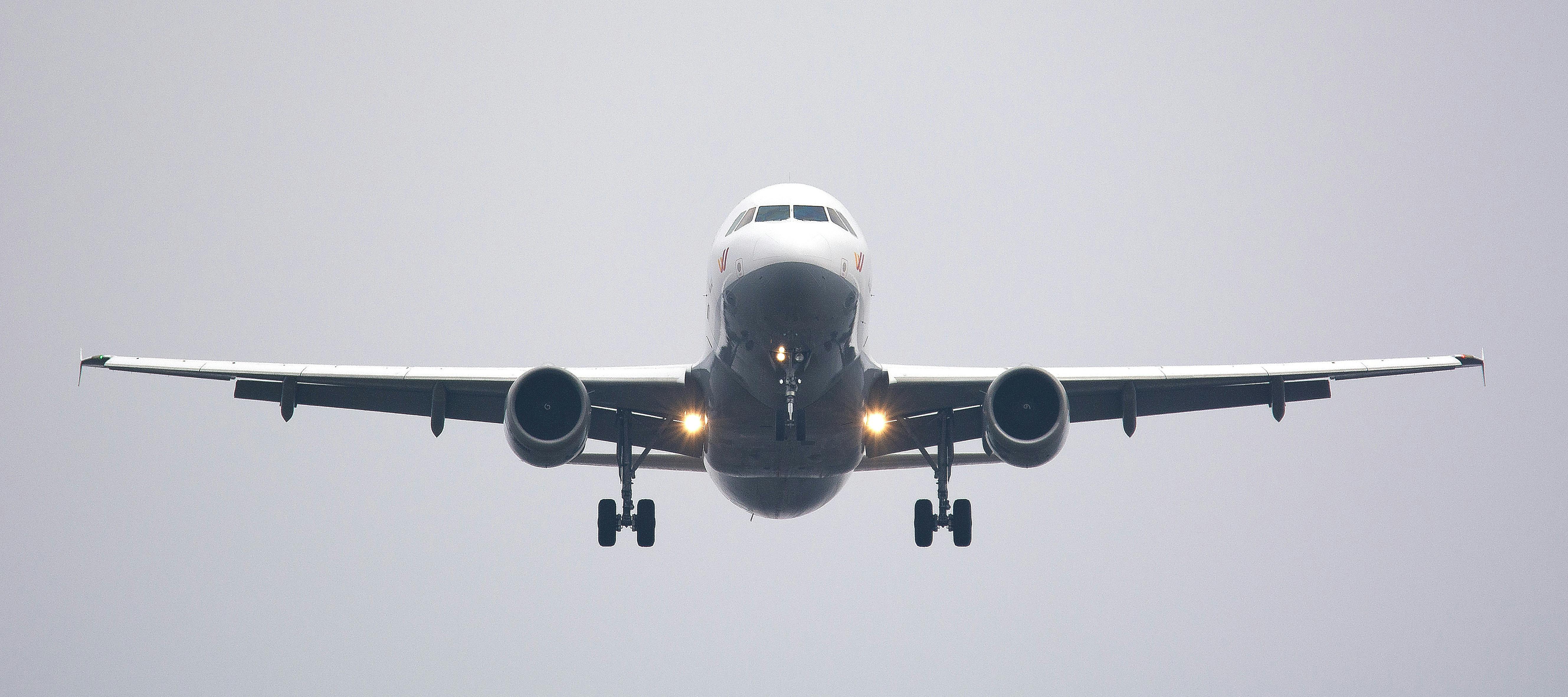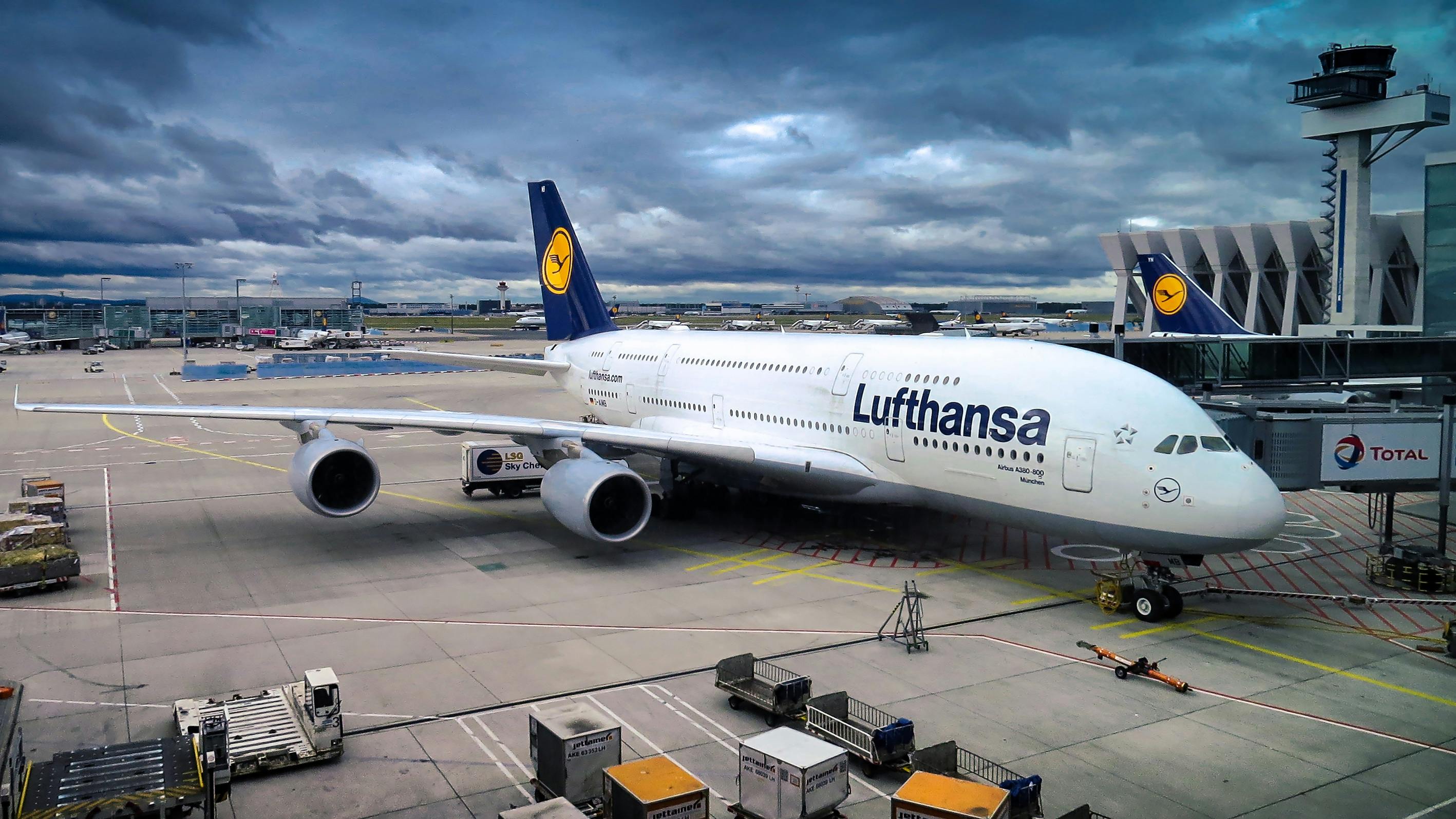The Intelligence Engine forTomorrow's Aviation
Introducing AvioIQ by Aviation Oasis
The comprehensive AI platform revolutionizing airline operations, airport management, and sustainable aviation practices worldwide.
Advanced Aviation Tools
AvioIQ is our flagship AI platform powering the future of aviation with specialized solutions for airlines, airports, and sustainable operations.
AvioIQ
The flagship AI-driven aviation intelligence platform that transforms how the industry operates.
AvioIQ Airlines
Predictive insights for route planning, fleet management, passenger experience optimization, and revenue forecasting.
AvioIQ Airports
Real-time analytics, ecosystem optimization, and data-driven decision making for airports.
AvioIQ NetZero
Sustainability platform with real-time carbon tracking, emissions reduction, energy efficiency, and green investment tools.
Professional Services
Beyond technology, we provide expert consulting and educational services to empower the aviation industry with knowledge and strategic guidance.
Aviation Consulting
Expert consulting to optimize operations, enhance safety, and drive innovation with tailored strategies for your aviation business.
Key Areas
Simplified Aviation
Educational platform for pilots, enthusiasts, and learners—designed to ignite passion and deliver comprehensive aviation insights.
Key Areas
News & Insights
Stay informed with the latest developments in aviation technology, sustainability initiatives, and industry innovations shaping the future of flight.

Green Jet Fuel: Can the Industry Meet 2030 Targets
Exploring the challenges and opportunities in sustainable aviation fuel adoption across the global airline industry, examining current progress and future milestones.

NASA and GE Aerospace Collaborate on Ground-breaking Contrail Study
Groundbreaking research initiative aims to reduce aviation's environmental impact through advanced contrail mitigation technologies and atmospheric analysis.

Delta Air Lines' Milestone: The First Fully SAF-Powered Flight
Historic milestone as Delta operates its first commercial flight powered entirely by sustainable aviation fuel, setting new industry standards for green aviation.

Indigo Takes Flight for Women: 77 Female Pilots Hired…
Indian airline's commitment to gender equality in aviation workforce demonstrates industry-wide shift toward inclusive hiring practices and diversity initiatives.

Formula 1's Investment in Sustainable Aviation Fuel (SAF)
Formula 1 racing series announces major investment in sustainable aviation fuel development, bridging motorsports and aviation sustainability initiatives.

Flying High, but Paying More? South African Air Travelers Balk at "Green Fees"
South African passengers express concerns over new environmental fees as airlines implement sustainability surcharges across domestic and international routes.
Sustainable Aviation Focus
Empowering the aviation industry to achieve net-zero targets with innovative solutions, strategic partnerships, and data-driven sustainability insights.
Aligned with global standards: Our solutions support ICAO and IATA sustainability targets and CORSIA compliance
Helping Aviation Achieve Net Zero by 2050
We empower airlines and aviation stakeholders to achieve ICAO and IATA's carbon-neutral targets through cutting-edge technology, sustainable practices, and industry collaboration.
Targets based on ICAO Long-Term Aspirational Goal (LTAG) & IATA Net Zero Resolution
Carbon Offset Programs
Comprehensive carbon tracking and offset solutions for airlines and passengers.
Sustainable Aviation Fuel
Advanced SAF adoption strategies and supply chain optimization.
Green Airport Operations
Energy-efficient terminal management and renewable energy integration.
Help Your Organization Achieve Net Zero Targets
Join thousands of aviation professionals using AvioIQ to track progress against ICAO and IATA sustainability targets. Start your organization's journey towards carbon neutrality today.
Contact Us
Ready to transform your aviation operations with AvioIQ? Our team is here to help you navigate the future of intelligent aviation solutions.
Get in Touch
Contact Information
Reach out to our team for expert guidance on aviation solutions, product demonstrations, or partnership opportunities. We're committed to helping you soar to new heights.
Office
Business Hours
🎯 Help Shape the Future of Aviation
We're conducting an industry-wide survey to understand aviation challenges and opportunities. Your insights will help us develop better solutions for the aviation community.